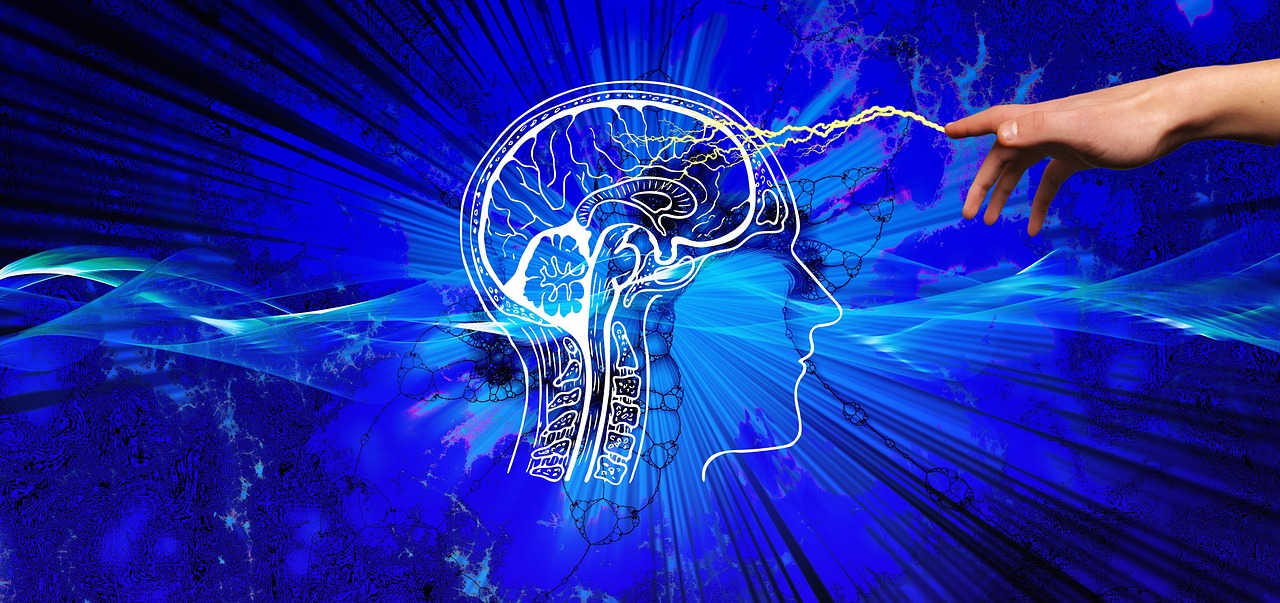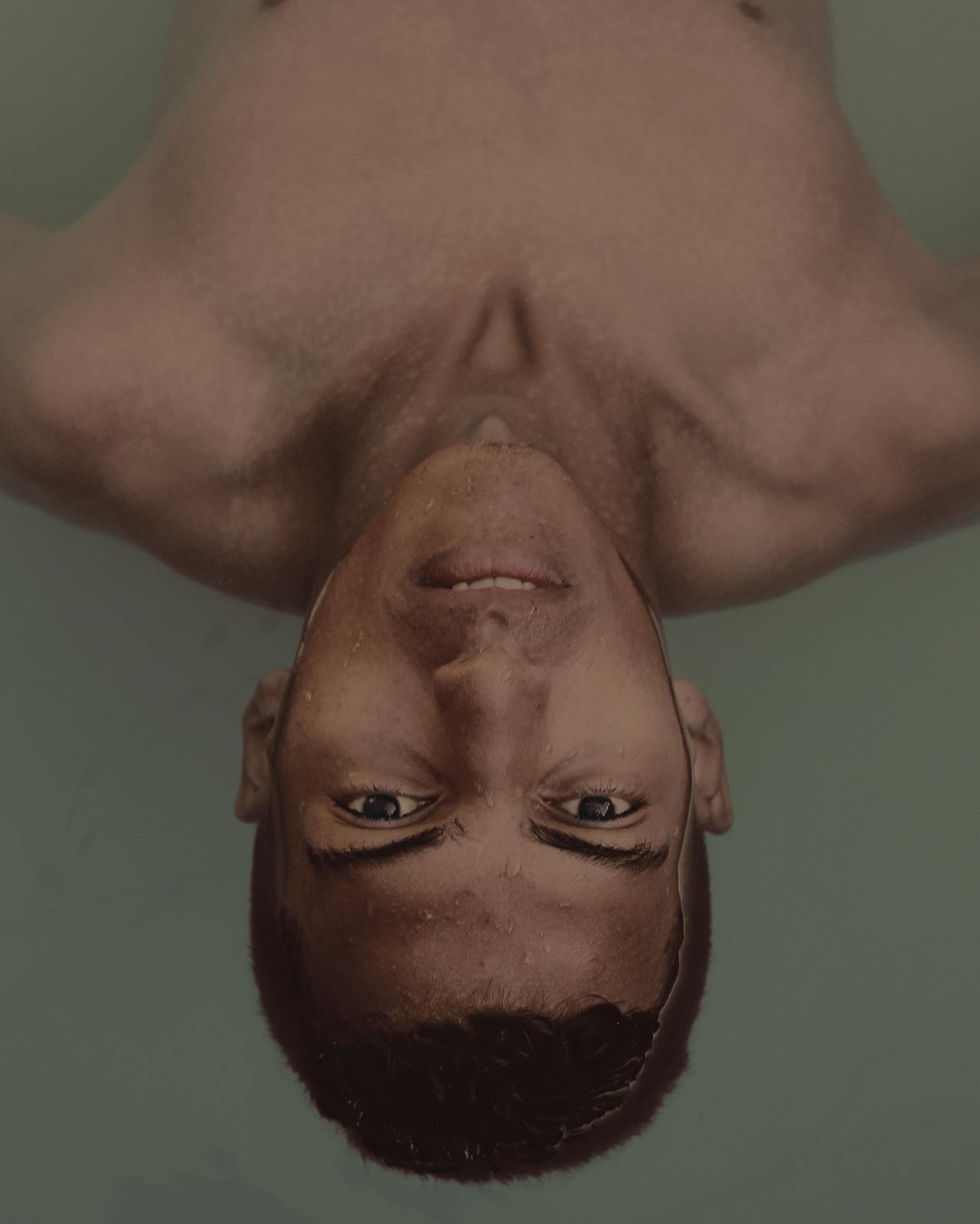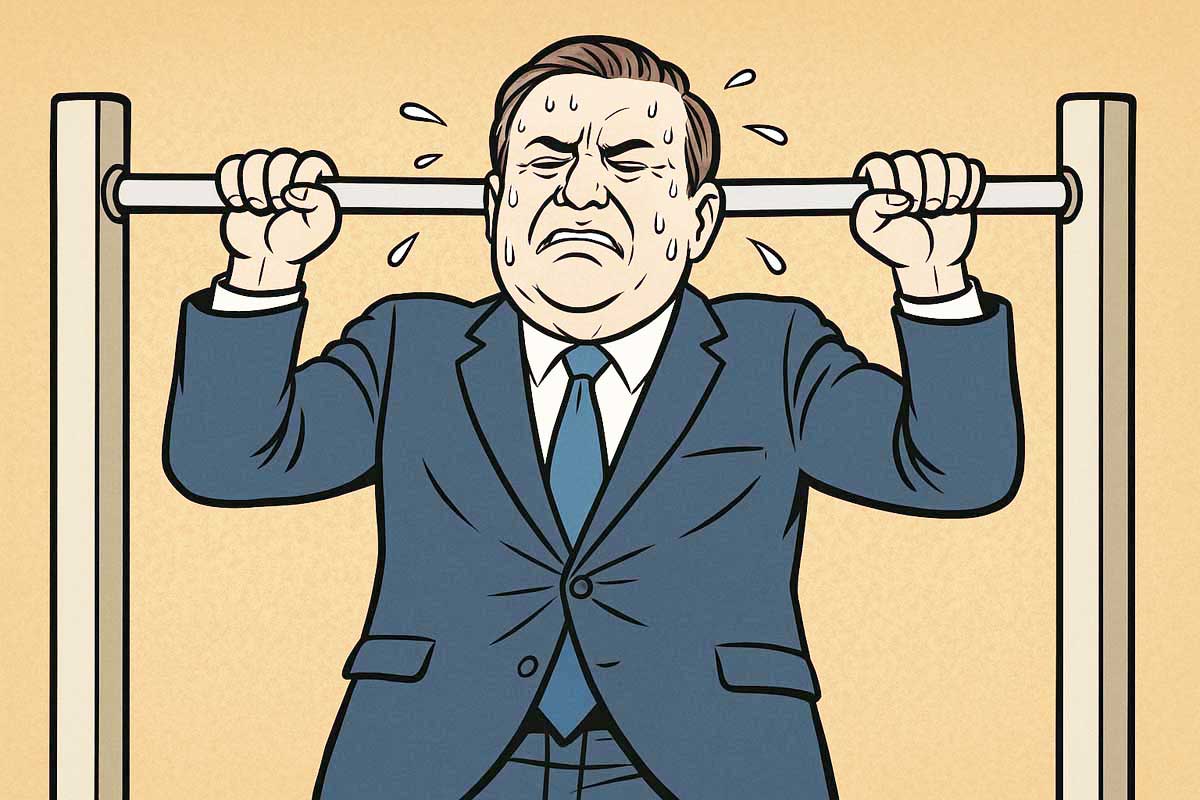A concussion is a serious injury that affects the tissues and blood vessels of the brain. Often termed "closed head injury" or "mild traumatic brain injury" (MTBI), it occurs when the brain's soft tissues are forced against the hard bone of the skull. While mild concussions are common, particularly in sports, they are not always as harmless as they may seem. Understanding the types, symptoms, and long-term consequences of concussions is vital for early intervention and proper management.
Types of Concussions: Understanding Severity
Concussions are categorized into three grades based on their severity. Grade 1 refers to mild concussions without loss of consciousness. The individual may experience confusion or disorientation, but symptoms resolve within 20 minutes. Grade 2 involves prolonged confusion exceeding 20 minutes, often accompanied by memory lapses. For Grade 3, the individual loses consciousness temporarily, signaling a need for immediate medical attention. Each grade demands careful observation and treatment to prevent further complications.
Recognizing Concussion Symptoms
Concussion symptoms can vary widely in severity and duration. Common signs include dizziness, confusion, nausea, headaches, blurred vision, sensitivity to light or sound, and difficulty concentrating. Severe cases may present with slurred speech, vomiting, or loss of balance. If symptoms worsen or persist for weeks, the condition may progress to post-concussion syndrome, characterized by chronic headaches, mood swings, and difficulty sleeping. Early medical intervention is essential to mitigate these risks.
The Hidden Dangers of Ignoring Concussions
Failure to address concussions properly can lead to significant long-term health consequences. Persistent symptoms may interfere with daily activities, impacting work, relationships, and overall quality of life. In severe cases, repeated concussions can result in permanent brain damage or conditions such as chronic traumatic encephalopathy (CTE). Recognizing the signs early and seeking medical advice can prevent these outcomes and promote effective recovery.
Treatment and Recovery Strategies
Treating concussions involves a combination of rest, monitoring, and gradual reintroduction of activities. Physical and cognitive rest is crucial during the initial recovery phase. Avoiding activities that require intense concentration or physical exertion helps the brain heal. Medical professionals may recommend imaging tests like CT scans or MRIs to rule out more severe injuries. As symptoms improve, patients can gradually resume normal activities under medical supervision, ensuring they do not exacerbate the injury.
Preventing Concussions: A Proactive Approach
Preventing concussions begins with awareness and protective measures. Athletes should wear appropriate helmets and follow safety protocols in high-risk sports. Employers can implement safety standards in workplaces prone to head injuries. Educating individuals about the risks and symptoms of concussions empowers them to take precautions and seek timely care. Proactive steps not only reduce the risk of injury but also promote a culture of health and safety.
When to Seek Immediate Medical Attention
If you or someone you know experiences a head injury with symptoms such as loss of consciousness, repeated vomiting, severe headache, or difficulty waking, seek emergency medical care immediately. Timely intervention can prevent complications and ensure the best possible outcome. Regular follow-ups with healthcare providers are essential for monitoring recovery and addressing any lingering concerns.
This information serves as a guide and does not replace professional medical advice. Always consult a qualified healthcare provider for assessment and treatment of any head injury.
This article is editorial in nature and does not constitute medical advice. Always consult a physician for any health-related concerns, whether psychological or physical.













